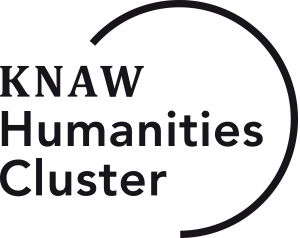HuC builds Diamond Open Access platform for scientific journals
On 1 July 2020, the KNAW Humanities Cluster started building and setting up an Open Access magazine platform openjournals.nl. The platform wants to offer a solution for independent Dutch scientific journals. Openjournals.nl offers them an accessible way to become fully Open Access. The realization of this platform is made possible thanks to a three-year project subsidy from NWO. The platform is expected to go live at the end of 2020.
100% Open Access
The developments of openjournals.nl are in line with the aim of the Dutch government (OCW) and scientific organizations (NWO, VSNU, KNAW) to have 100% Open Access for scientific publications after 2020. Understandably, much attention has been paid to the international journals of major publishers for a long time. A problem was that, especially in the social sciences and humanities, there are still Dutch scientific journals that often find it difficult to independently take the step to 100% Open Access. The Open Access platform will provide a solution for this. Ineke Sluiter, president of the KNAW, says: “Publicly funded research must be accessible to everyone. At the same time, there are valuable publication channels in many areas of science that are not based on a business earnings model. So together we must ensure that the principle of Open Access can be realized across the entire breadth of science, taking into account relevant differences. ”
Diamond
A Diamond business model was chosen when designing the platform. In other words, a model in which there are no financial barriers for authors. The platform is funded by means of a contribution model from stakeholders such as NWO, scholarly societies and, in the near future, universities and university libraries. The platform provides a supportive and technical (ICT Provider / hosting) function for the participating editors and publishers of (not necessarily Dutch) magazines. Magazines are and will remain the property of editorial boards and publishers. And they remain completely autonomous with regard to their editorial policy and decisions about a possible subscription structure for their paper publications. Magazines and editors together form the governance of the intended platform.
Plan S
The platform is based on comparable and successful examples in Denmark and Finland. The design of the platform takes into account the requirements of Plan S. Authors retain copyright and articles appear under CC BY license: ‘For the diversity in the landscape, it is important that Dutch journals also have the opportunity to switch to Open Access. to make. From our membership of CoAlitie S, NWO feels a responsibility to help with this. We are pleased that the KNAW Humanities Cluster wants to take the lead in this, “said Stan Gielen, chairman of the NWO.
KNAW Humanities Cluster makes OA publishing possible
The technical set-up and development of the magazine platform will be the responsibility of the Digital Infrastructure department of the KNAW Humanities Cluster. Within the Humanities Cluster, three KNAW institutes work closely together in the field of the humanities, namely: Huygens ING, the International Institute for Social History (IISH) and the Meertens Institute. The Humanities Cluster plays a pioneering role in the development of a large-scale national digital infrastructure for modern humanities research. This is possible because in the Humanities Cluster the largest humanities department of Digital Infrastructure in Europe works together with researchers and data managers. In addition, one of the institutes, Huygens ING, manages a number of magazine archives that are freely accessible to the public via the so-called Resources (see Huygens Resources).
Lex Heerma van Voss, chairman of the Humanities Cluster and director of Huygens ING: ‘We believe it is important to contribute to the digital infrastructure for the Humanities. There are countless important scientific journals that are not published by a major international publisher, but, for example, by a Dutch scientific association. Contributions to this can also be top science. We are happy to help them publish that in Open Access.’








